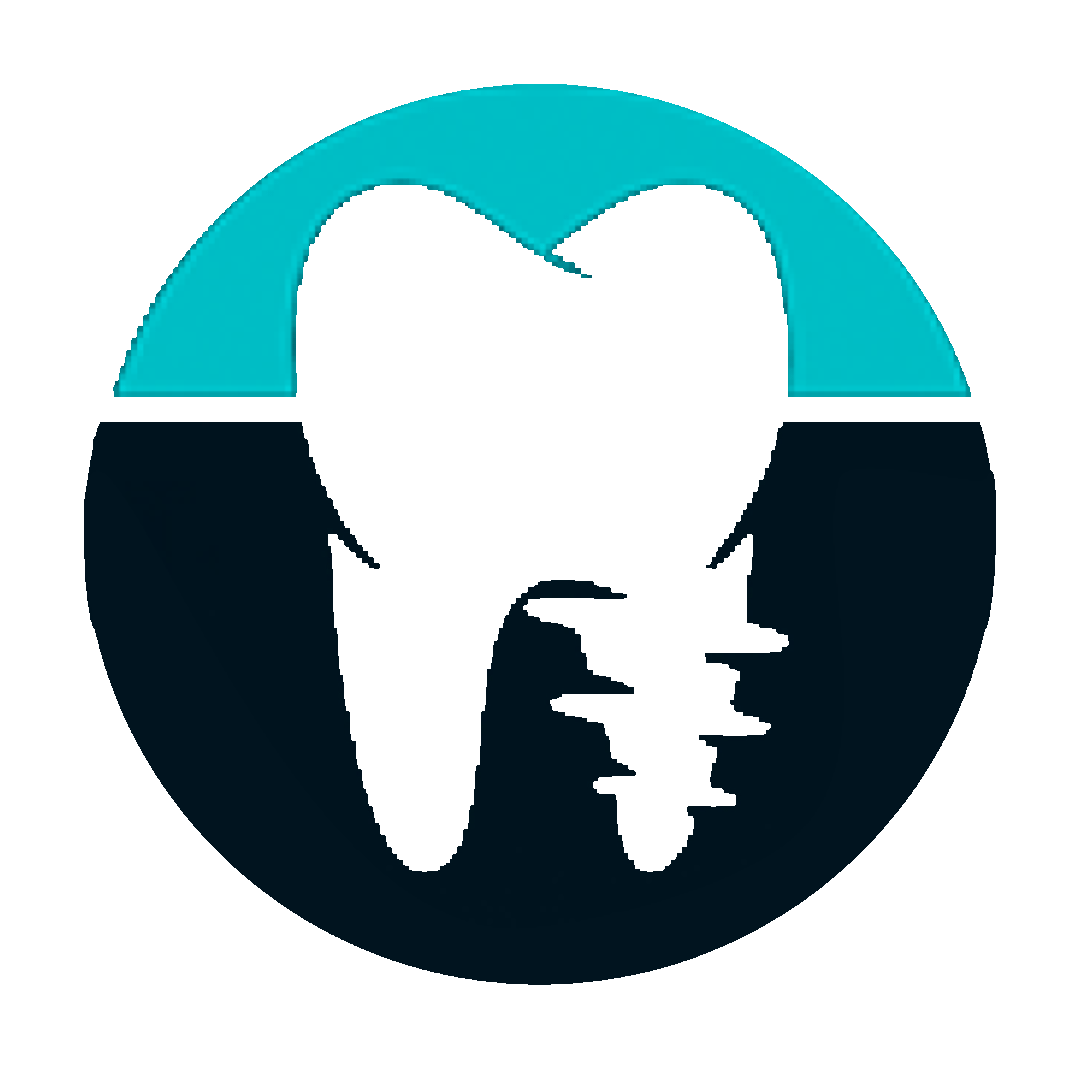Sleep apnea is a disorder that sporadically blocks the airways during the night, interrupting sleep. Snoring and gasping are two symptoms, but other signs may be more challenging to diagnose. Having a professional assess to your condition can help you get the treatme nt you need. Individuals with sleep apnea usually have two types; Obstructive Sleep Apnea (OSA) and Central Sleep Apnea (CSA).
OSA can be caused by hereditary problems like an abnormally small throat, weight and age also contribute to the disorder. CSA is a neurological problem where the brain does not communicate appropriately with muscles and respiratory tissue. Treating sleep apnea is the priority because the problem has serious implications for your general health.
How Is Sleep Apnea Treated?
Sleep apnea is caused by a collapse or malfunction of the airway muscles, patients need appliances to keep them open at night. Oral appliances keep your jaws positioned in a way that
helps you breathe easier. These devices will restore your night’s sleep, especially in patients with mild OSA or CSA.
Sleep apnea can be a severe condition, and sleep apnea appliances can help make sleeplessness frightening. Sleep apnea could cause people to stop breathing and resume in the middle of sleep.
It shares a resemblance with snoring in terms of discomfort, blocked airways, and similar treatments.
Treatments for both conditions are generally the same. Some sleep dentists recommend using oral
appliances for sleeping, such as the following:
• Vestibular shields
• Mandibular advancement devices or oral appliances
• Tongue retainers
• Chin Strips
How Does A Sleep Apnea Oral Appliance Work?
Oral devices help patients with sleep apnea by positioning the jaw to enlarge the airway, which helps prevent sleep apnea and snoring. Further advantages are:
Easy to Use: Our Oral appliances are small enough to be used on their own. They fit in or around your mouth and keep your airway open enough to get you a good night’s sleep.
They’re also lightweight and portable, so you don’t have to worry about carrying large, bulky devices with you, sleeping comfortably, or blocking your airways when traveling away from home.
Convenient: Oral sleep appliances are customizable. Our Sleep dentists can design the device to fit your jaw, teeth, tongue, and airway. This reduces the risk of discomfort and allows for individual adjustments and individualized treatment.
Compliance: Oral appliances are more comfortable than other sleep apnea therapies, it’s easy to stick to treatment. An oral appliance often manifests itself during the first night they are worn.
No More Snoring: Most oral appliances are mainly designed to reduce snoring. Tongue retainers suppress snoring from the base of the tongue, chin straps keep your mouth
closed and force your nose to breathe for you, and the rest makes room to reduce disturbances and sounds. Epigenetic devices are reported to retrain the mandible with the use of the device. Talk to your sleep specialist about options for your specific condition.
Non-Surgical: Oral appliances do not cause any physical changes or pain because they are not invasive. This means they are ready to use, easy to put on, and don’t require a lot of getting used to.
Don’t Require Too Much Effort: Oral devices do not require too much effort. A CPAP device must be plugged into an electrical outlet to work, but such oral devices are small
and suitable and can even be worn daily.
Less Noticeable: Your bed partner won’t be able to notice your appliance unless you have your mouth open.
Better than CPAP: Not everyone can adjust with a CPAP (Continuous positive airway
pressure). Some people feel claustrophobic or limited due to the mask and tubes. For those individuals, an oral device may be a better solution. You will have more mobility
and comfort during sleep and no abrasion on the nose or mouth due to the constant use of the mask.
What If I Don’t Qualify For A Sleep Apnea Appliance?
If apnea conditions are severe, a CPAP machine can help you breathe properly throughout thenight. This device creates a constant flow of air through the throat and nose and keeps tissues out
of the way. The CPAP mask and continuous air pressure allow you to inhale and exhale normally. Although doctors often recommend CPAP therapy, many patients are unsuitable for treatment due
to dry nasal passages, claustrophobia, and many other problems. For these candidates, dental appliance therapy may ease their concerns. If you’ve already tried a CPAP machine and hav en’t
achieved the results you want, your dentist may review your sleep test and give you an oral appliance that meets your needs.
Improve Your Quality Of Life With Us:
Sleep apnea makes it easier to treat the condition, but it can also be inconvenient to use. If you have been diagnosed with the disorder and have difficulty sleeping with your device, talk to our dentist to find out more about on how oral appliance therapy can help you. Request an appointment here or call Our dentist in Joondalup Smiles on 08 6245 1628 to make an appointment.
 Welcome to Narrogin Dental Group
Welcome to Narrogin Dental Group
